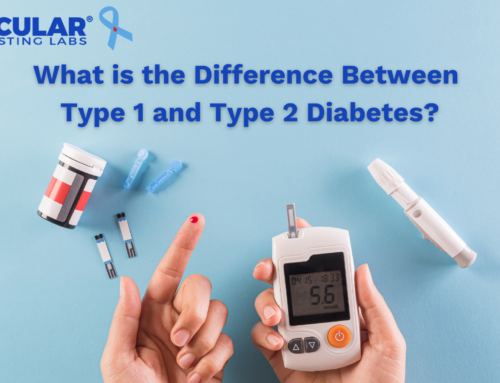
History of Minority Health Inequity
Share:
Health equity is an essential topic of conversation in our society. Historically, members of marginalized groups (racial, ethnic, socio-economic, sexual orientation, gender identity, disability, etc.) have received inequitable access to healthcare compared to others. (1) In the book Communities in Action: Pathways to Health Equity, the National Institutes of Health (NIH) points out that “health inequities are systematic differences in the opportunities groups have to achieve optimal health, leading to unfair and avoidable differences in health outcomes.”(2) This inequity has been primarily influenced by structural and socioeconomic differences reinforced by state and local policies, as well as geographical access to quality healthcare.
In 1984, the US Department of Health and Human Services (HHS) released a report that made clear a disproportionate occurrence of poor health outcomes in racial minority communities compared to the country’s overall health. (3) This led to the creation of a first-of-its-kind task force to study inequities in healthcare among marginalized populations in 1985, which increased awareness and discussion about racial and minority inequities in healthcare. This task force found a strong correlation between health centers offering substandard care and those located in communities serving larger populations of minority patients. (3)
The Centers for Disease Control and Prevention (CDC) joins the NIH in its assessment of healthcare inequity with its assertion that racism is a cause of health inequity in the United States. (4) The CDC makes no qualms about this reality being detrimental and unacceptable. Quality, timely, and appropriate healthcare must be available to all communities. Molecular Testing Labs is committed to bridging gaps in care by bringing affordable, convenient, and accessible healthcare to all communities.
Many of the conditions disproportionately affecting minorities are preventable and treatable. African American patients, for example, are more likely to have cardiovascular disease and diabetes earlier than white patients. (1) In these cases, knowledge is power, and Molecular Testing Labs offers affordable and accessible at-home collection kits, so patients can collect samples in the privacy of their own homes and receive timely and accurate diagnoses to take control of their health and take action before it’s too late.
Our state-of-the-art laboratories offer the latest in DNA, infectious disease, clinical chemistry, and toxicology testing technology, so results are delivered fast and accurately. We offer a full range of testing capabilities at our Vancouver, Washington laboratory and real-time PCR UTI testing at our newest laboratory in Irving, Texas.
We welcome all patients at Molecular Testing Labs. We are proud to be at the forefront of bringing access to quality and equitable healthcare to marginalized communities.
Continue this meaningful conversation by sharing this blog on your social media and join in the fight to bring equitable, quality healthcare to everyone.
References
1. Galea, S. (2019, October). Race, History, and the Science of Health Inequities. Boston University School of Public Health. https://www.bu.edu/sph/news/articles/2019/race-history-and-the-science-of-health-inequities/
2. Baciu A, Negussie Y, Geller A, et al., (Ed). (2017). Communities in Action: Pathways to Health Equity. National Academies Press (US). https://www.ncbi.nlm.nih.gov/books/NBK425845/
3. Gibbons, M. C. (2005). A Historical Overview of Health Disparities and the Potential of eHealth Solutions. Journal of Medical Internet Research, 7(5), e50. https://www.ncbi.nlm.nih.gov/pmc/articles/PMC1550690/#ref38
4. Centers for Disease Control and Prevention. (2021, April 8). Impact of Racism on Our Nations Health. CDC.gov. https://www.cdc.gov/minorityhealth/racism-disparities/impact-of-racism.html




